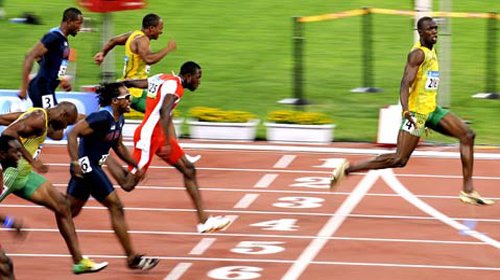Athlete training methods have evolved dramatically over the years, thanks to advancements in sports science, technology, and nutrition. Today’s athletes are stronger, faster, and more efficient than ever before, setting new records across various sports.
One of the biggest game-changers is data-driven training. Coaches now use AI-powered analytics and motion tracking systems to monitor athletes’ movements, helping them improve performance and avoid injuries. Wearable technology, such as smartwatches and GPS trackers, provides real-time data on heart rate, endurance, and recovery times, allowing for personalized training plans.
Strength and conditioning programs have also transformed. Modern training incorporates high-intensity interval training (HIIT), plyometrics, and resistance exercises to enhance speed, agility, and endurance. Many athletes use altitude training or cryotherapy to improve oxygen efficiency and speed up recovery.
Nutrition plays a crucial role as well. Sports dietitians design meal plans that optimize protein intake, hydration, and energy levels. Some athletes follow specialized diets like keto or plant-based nutrition to improve endurance and reduce inflammation. Supplements such as creatine, BCAAs, and electrolyte drinks also support muscle recovery and performance.
Additionally, mental conditioning is now a key focus. Sports psychologists help athletes develop mental toughness, focus, and resilience through techniques like visualization, meditation, and cognitive training. Many top athletes credit their success to both physical and mental preparation.
As science continues to advance, sports training will likely see even more innovations, including AI-driven coaching, biomechanical enhancements, and genetic-based training programs. With these tools, future athletes may shatter even more records and push human performance to new heights.


















Samuel Boafoh
Bolt in unstoppable
f11223344
Nice